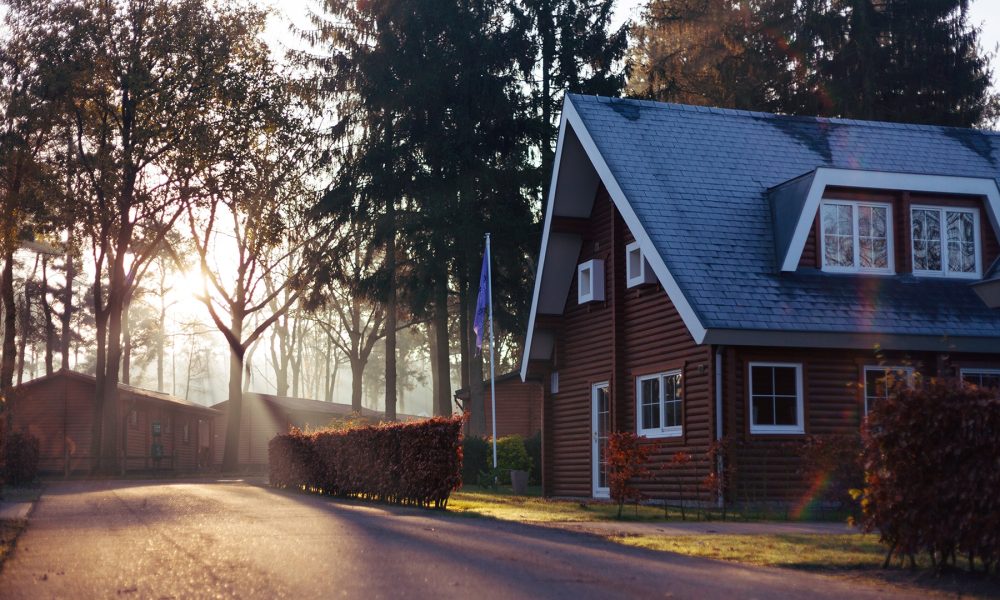
If you’ve been following our blog I’m sure you’ve sensed a trend. Avoiding rats is a major necessity for the safety of the country. Especially now, in times of sickness, preventing all forms of vermin and rodents becomes even more important.
As we are participating in the social distancing required by COVID-19 here are the ways you can keep your home safe from unwelcome furry visitors.
Using these techniques you will be able to effectively prevent a rat infestation and keep your home safe for as long as you need to remain hunkered down.
Confirm That There Are No Rats Already In Your Home
You can have a full-blown rat infestation and not notice much of anything different in your home. You may even be inadvertently drawing them in with your habits. Before you go about sealing off your home from entry you must make sure rats are not already present.
If you already have a rat problem that has gone unnoticed, you’ll be locking the rats inside your home. So, before you begin any safeguarding measures thoroughly inspect your home for any signs of the presence of rats.
1. Droppings
Search around your home for rat droppings. They are shiny black and are usually as big as ½-¾ of an inch long. You’ll tend to find these in darker areas of your home, think attics and sheds, and areas where food is present.
Keep a close eye on pantries and other dark, dry, food storage areas.
2. Signs of Making Themselves At Home
Rats are nesting animals. Similar to birds they use what’s available in the world around them to create safe and warm nests for themselves and their families.
Keep an eye out for potential nesting material. Things like shredded newspaper, dried plant shreds, torn up insulation, or shredded fabric pieces are good indications a rat has been putting together a nest.
3. Look for Teeth and Bite Marks
Unlike their smaller counterparts, rat teeth create significantly larger marks. You’ll be looking for marks that are around ⅛ of an inch long.
Thoroughly inspect your dried pantry goods, stored cardboard boxes, stacks of old magazines, etc for rat bites and chewed up corners. You may also notice small holes in the walls and floor that could allow entry into your home.
4. Are The Other Animals on The Property on High Alert?
If you have a dog or cat at home they’ll likely be the first to notice the intrusion.
Your pet might suddenly seem distressed, be sniffing around the walls and other strange places. Pay attention to when this happens as well. At night, rats are more active and so your dog or cat might be more irritated.
If they do find a rat don’t let them be a hero. The last thing you want is your animal hurt by a rodent. Bring your pet into a safe place and call the team here at World Class Wildlife Removal to take care of the problem.
Keeping Out The Rats: Preventing Rat Infestation In Your Home
The easiest way to avoid unwelcome visitors in your home is to eliminate ease of access as much as possible.
Don’t tempt them by keeping food and such in easily accessible areas from the outside. Make sure any holes or wider than necessary door jams are addressed and filled.
Remove potential nesting sites from all over your property. Get rid of piles of paper or magazines. Remove large piles of leaves or mulch piles waiting to be dispersed. Store leftover construction materials like insulation and drywall away from your home in an outdoor shed.
Don’t provide food that is easily accessible to wildlife around your home. Once you see an indication of rodents, remove things like bird feeders, birdbaths, and other things while you’re dealing with rodents.
Switching to bird feed that doesn’t have a husk, so it doesn’t leave droppings on the ground for rodents, could be a solution so you can keep feeding the birds outside your window.
Lastly, keep garbage in cans with tightly sealed lids and make sure you’re turning composting piles often to avoid leaving fresh food scraps on the top and easy targets for unwelcome guests.
Protect Your Home and Family By Avoiding Rat Infestation
We hope this has given you some good ideas on how to make sure you’re safeguarded against an unwelcome rat infestation.
Sometimes, despite our best efforts, they aren’t enough. If you find yourself facing a rat problem call as soon as you’ve found the evidence.
The sooner you begin treatment the better. Contact us now for your free inspection.
